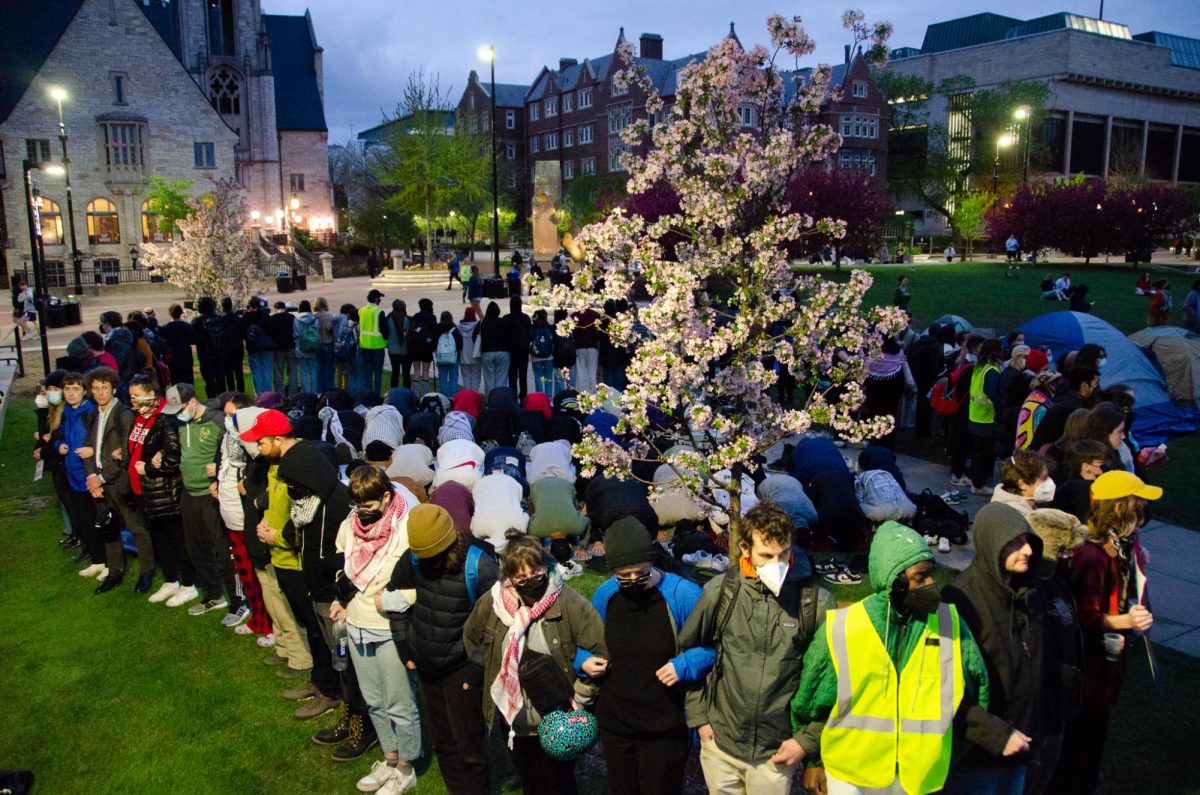Wisconsin’s obesity rate has leveled off this year, but the state is still ranked 19th in the nation for adult obesity.
According to a report released in September by the State of Obesity: Better Policies for a Healthier America, Wisconsin had an obesity rate of 30.7 percent in 2015, a rate that is still the same in 2016. Since 2000, the obesity rate has increased by 11.3 percent.
Richard Hamburg, interim president of Trust for America’s Health, said even though the obesity rate has not decreased in a year, the state is still making progress because this is the first year besides 2014 that the rates have not increased.
“Leveling off is a good thing after so many years of increasing,” Hamburg said.
In 2016, four states decreased: Minnesota, Montana, New York and Ohio. This year only two states increased: Kansas and Kentucky, Hamburg said. This is the first year any states have decreased in a report.
States are promoting better education in schools, supplying healthy foods and increasing the amount of exercise children get, which means obesity levels are decreasing as a nation, Hamburg said.
Wisconsin doctors, state employees call for weight loss surgery coverage
Many factors contribute to obesity levels in the state, such as demographics, education and income, Hamburg said. Obesity rates are higher for blacks, Latinos and Native Americans.
Luke Funk, UW hospital bariatric surgeon, said non-Hispanic black adults have about a third higher risk of obesity than any other ethnic group. Black men and women also have the highest adult obesity rates in the state.
There is a direct correlation between socioeconomic and education status and obesity levels, Hamburg said. Lower-income families and individuals who are less educated have a higher tendency for obesity because healthy food is more expensive than fast food options.
Many people face barriers to healthy living because they live in rural or urban areas of the state where there are food deserts, meaning they do not having access to a supermarket that sells fresh fruits and vegetables, Hamburg said.
Obesity is also a product of an increasingly “sedentary society,” Hamburg said.
“The reason we are in this predicament is because adults and kids are moving less often; more people are driving,” Hamburg said.
Funk said dietary habits could play a role in the obesity levels specifically in Wisconsin, though there have not been any studies done to confirm this. As a culture, Wisconsin residents consume beer, cheese and brats which are all high-fat foods.
Funk said the state could combat obesity and possibly decrease the rate if they did a better job of addressing obesity from a health care perspective.
Obese patients need to have access to the full range of obesity treatments such as diet and exercise counseling, medications to control issues associated with obesity and weight loss surgery, Funk said.
Educating both patients and health providers about their options would also be a crucial step in decreasing obesity, Funk said. There are many state providers that are not aware of all of the treatment options available, and a lot of physicians are not specifically trained to address obesity.
Hamburg is hopeful that Wisconsin can address obesity issues in the future by focusing on education and providing healthy living tactics for the population.
“We know [with] work promoting nutrition and increased physical activity, particularly among kids, we will begin to see significant progress,” Hamburg said.



















